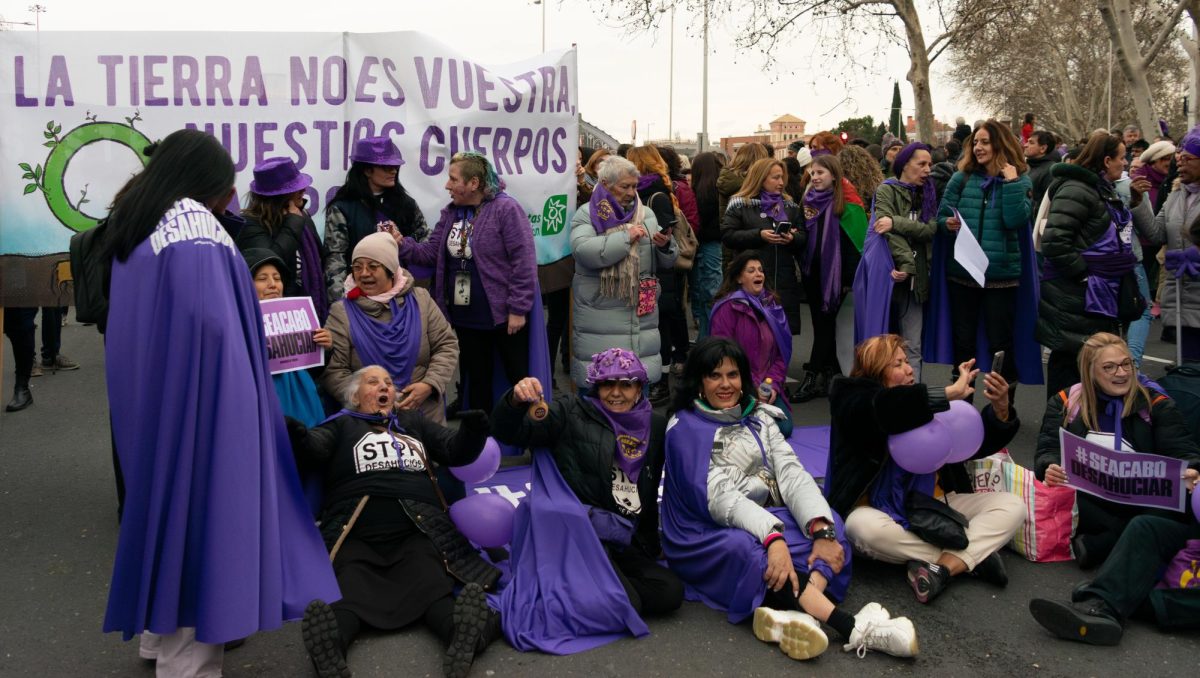Opinion: Gen Z’s Obsession with Niche Fashion “Aesthetics”
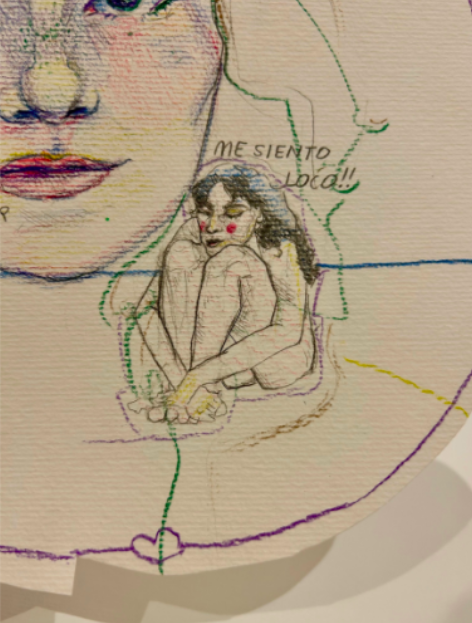
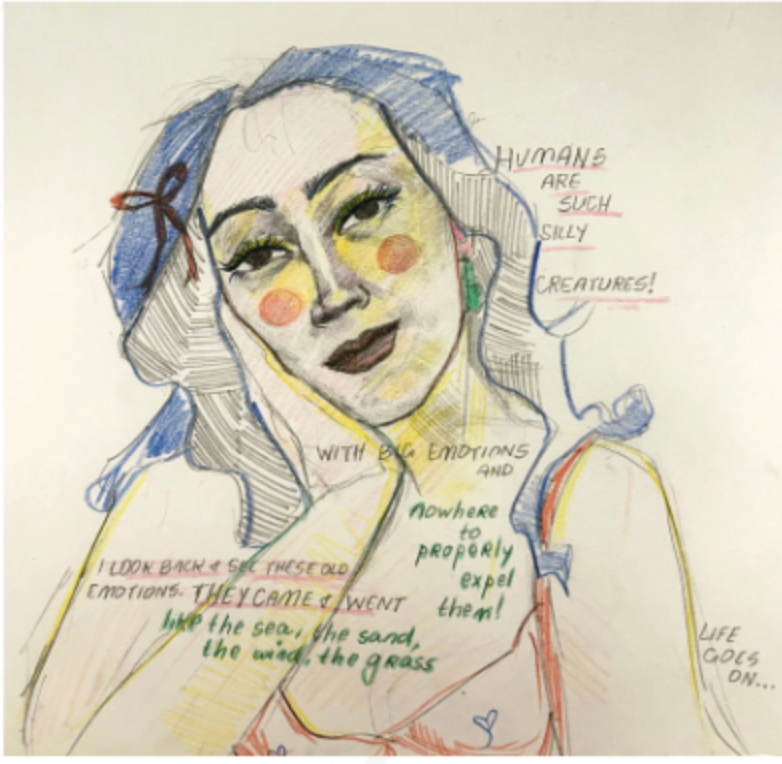
In the ever-evolving landscape of social media dominance, platforms like Instagram, TikTok, and Pinterest have become influential trendsetters, shaping the very fabric of what is considered fashionable. Internet natives, like Generation Z, are at the forefront, rely heavily on these platforms for self-expression and validation. The quest for identity intertwines with their obsession with fashion aesthetics, driven by a desire to fit in, be perceived as fashionable and carve out a unique personal brand.
Scrolling through endless feeds, scanning for inspiration and validation, we seem to be drawn to the magnetic pull of influencers. Every product endorsement, every meticulously staged outfit, becomes a commandment in the quick life-cycle of trends. This insatiable thirst for social acceptance compels us to mimic, internalize these strictly curated “aesthetics.”
These distinct visual styles embody moods and personalities, providing creative avenues for self-expression. However, they also spark conversations about authenticity, societal pressure, and the essence of individuality.
Cottagecore, normcore, Y2K, Clean girl, goth, dark academia and old money are some examples of the niche labels. Here’s what some voices in the comments of YouTube have to say about them:
@FlipTheBard says, “Nowadays anything and anyone can become an aesthetic. We don’t have identities anymore, we have “aesthetics.”
@flamingmonkeyheads shares an anecdote that serves as a humorous reminder of the limitations of labeling oneself by aesthetics. We are multifaceted individuals, not confined to pre-packaged boxes:
“Reminds me of the time a woman came into the store where I worked, saw me wearing baggy jeans, a black tank top, and a flannel, and asked me what my aesthetic was,” @flamingmonkeyheads wrote. “I was just dumbfounded and had no idea what to tell her, so I just said I was gay.”
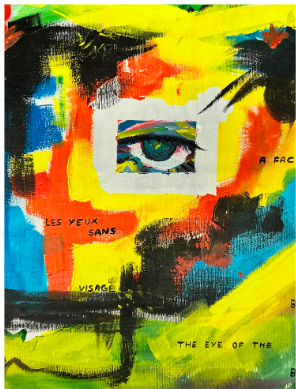
The philosophy of aesthetics has a deep historical background that can be traced back to ancient Greece, specifically during the time of Plato and Aristotle.
During this period, philosophers were intrigued by the concept of beauty and its connection to various arts. The term “aesthetics” itself is derived from the ancient Greek word aesthetikos, meaning perceptive, sensitive, or related to sensory perception. Plato referred to beauty as an abstract form, while Aristotle defined beauty as an object.
Today social media platforms like Instagram and Tumblr focus on the same idea but in a pocket-size, digestible format, in which your decision about beauty sits at your fingertips.
Beneath the surface of trend-chasing lies a deeper exploration of selfhood. Gen Zs are not merely passive consumers of prefabricated aesthetics; they are active artists, unknowingly remixing and reconfiguring trends to tell their own stories.
It’s not simply about looking good; it’s about feeling seen, understood, and connected to a like-minded community that speaks the same language.
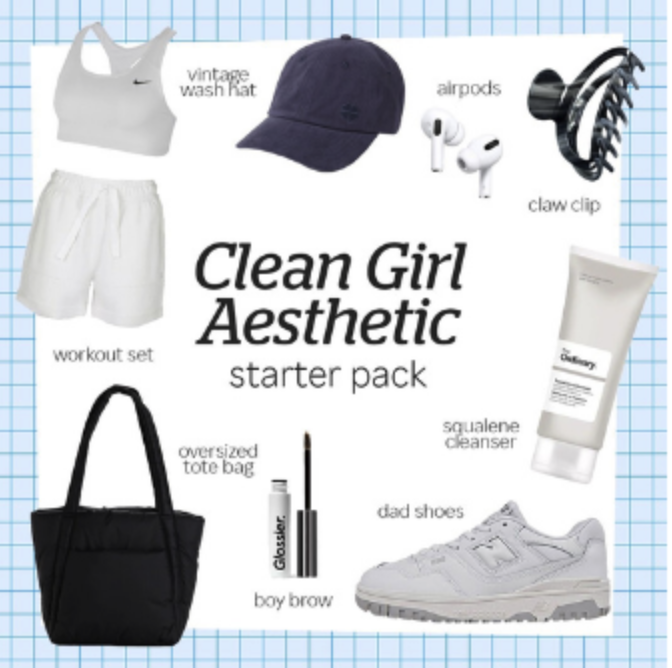
Aesthetic culture centers around beauty and art, featuring popular styles like the infamous VSCO girl, dark academia, indie, and grunge, each with specific clothing and accessories for the desired look. While aesthetic culture enables style exploration, it has drawbacks. The trend tends to oversimplify styles, turning individuals into one-dimensional archetypes, limiting individuality. Pressure to conform to a specific aesthetic may restrict self-expression but also financial considerations play a role in participating in such aesthetics.
Consider the phenomenon of “Cottagecore,” a trend that romanticizes a simple, rural lifestyle. It is more than just an aesthetic; it’s a yearning for a connection to nature, a desire for authenticity away from the digital world. When in actuality, most could not even afford to maintain such a carefree, leisurely lifestyle.
The very nature of aesthetics raises questions about the authenticity of online identities. How much of our curated online personas truly represents who we are?
@brookd7654’s discusses the pitfalls of chasing an aesthetic at the expense of enjoyment:
“I remember going through a phase where I DESPERATELY wanted to be perceived as this magical cottagecore fairy girl who only listened to folk or classical music, adored the outdoors, and only wore the nicest most put together fairy-esque outfits. I was absolutely miserable. I spent so much time posting about how “aesthetic” I was on social media that I didn’t even enjoy the things everyone thought I loved doing.”
Furthermore, social media has led to the rise of micro-trends, where certain styles gain popularity rapidly but also lose traction quickly. The shorter attention spans and quicker fashion cycles on social media have contributed to overconsumption and the generation of large amounts of waste from single-use outfits.
@milenamaria3352 advocates embracing diverse tastes, rejecting one-dimensional labels. She wrote that she was obsessed in the past with finding a “true aesthetic,” but now embraces pieces of different aesthetics. As an example, she said she enjoys heavy metal without committing to shaving her eyebrows off.
@exaggeratedswagger7485’s takes it a step further, highlighting that Pinterest comments demanding aesthetic categorization raises an important concern about the pressure to fit into neatly defined boxes. The quest for labels and categorizations can be limiting, reducing the vast spectrum of human expression into narrow, predefined archetypes.




